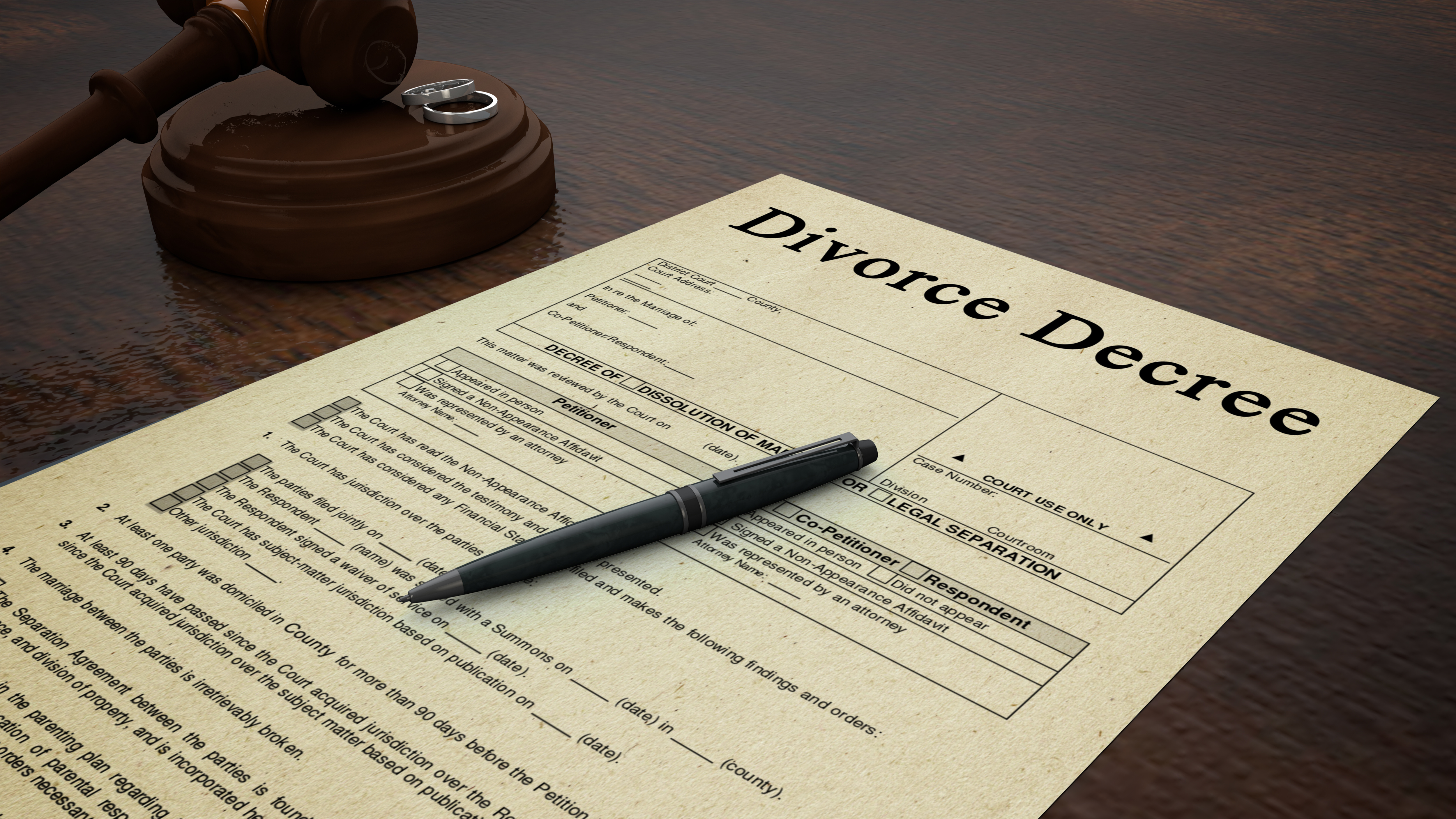“Do it yourself” divorce is fraught with risks – even if your case is “simple” and both parties agree on all issues regarding division of property, support, and child custody and visitation. As many have learned the hard way, it is all too easy to make critical missteps today that will come back to haunt you down the road.
The proliferation of DIY websites and non-attorney legal document preparers give the impression that the process is simpler than it is. These services can help you deal with the court forms required to dissolve a marriage, including financial disclosures, motions, hearing notices and child support paperwork. It’s tempting to save money by using one of these services to prepare and file your divorce forms without using a lawyer.
Unfortunately, these services will leave you in the lurch when things do not go as planned, as they cannot offer you any legal advice or engage in any negotiations on your behalf. Worse still, they cannot point out the pitfalls contained in your paperwork which can pose risks to your financial future long after you think you’ve put the marriage behind you.
The typical do-it-yourselfer believes that everything is correctly resolved because the court accepted and processed the forms and has issued the divorce decree. However, this may or may not be the case; and any problems can remain undiscovered for years until, for example, one spouse embarks on a significant financial transaction such as purchasing a home.
A common scenario involves incomplete (or incorrect) provisions in a marital settlement agreement, leaving both spouses legally on the hook for a mortgage. What happens when the spouse who kept the home and obligated to make the monthly payments fails to do so? What happens when the other spouse applies for a mortgage on a new home, but the amount of the monthly payment of the previous mortgage is still considered when calculating the debt-to-income ratio? This is just one example of how “saving money” on the front end of your divorce can cost you greatly in the future.
Even if your divorce is “uncontested,” in that you and your spouse agree on all of the settlement terms, getting legal advice upfront will ensure the process goes smoothly and that you do not encounter any unpleasant surprises in the future. A family law attorney can identify what issues must be addressed, point out potential negative consequences of certain decisions, and let you know what to expect throughout the divorce process.
If your divorce case is “contested,” meaning you cannot agree on terms regarding your property or children, it is important that you consult with a lawyer to obtain a realistic idea of what you can expect based on your legal rights under the circumstances. And, unlike the DIY services, an attorney can also represent your interests during settlement negotiations. If settlement negotiations are unsuccessful, your lawyer can ensure the court fully considers all information in your favor prior to making any rulings.


